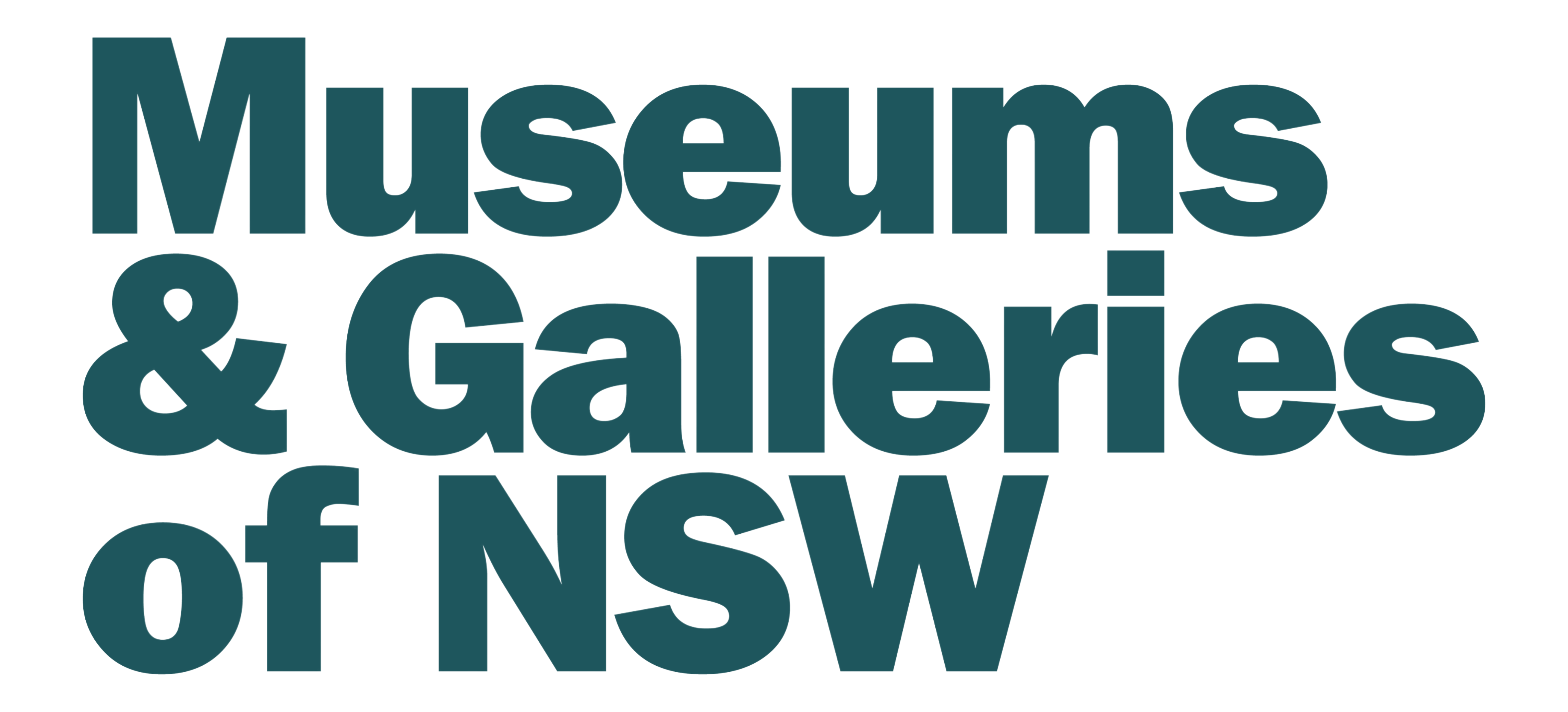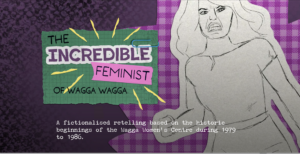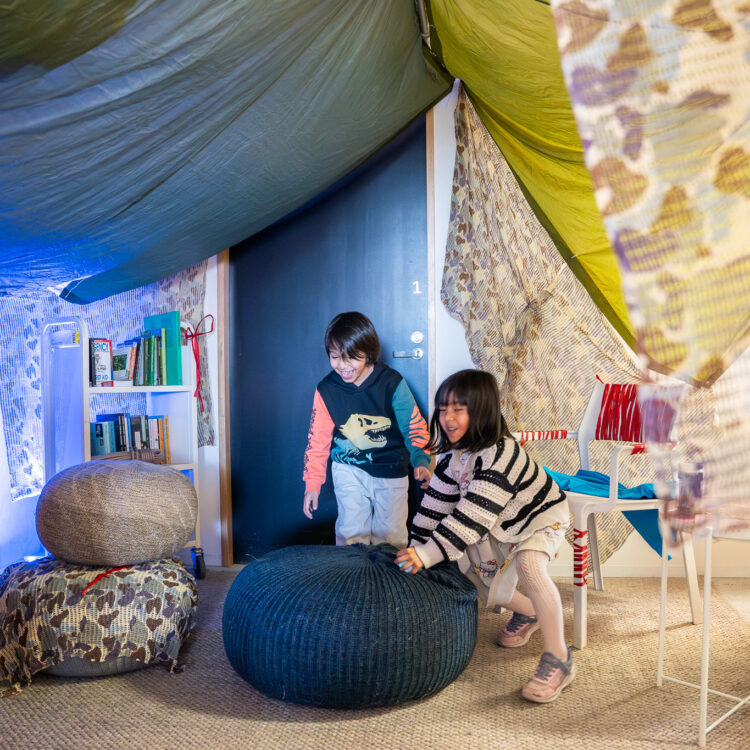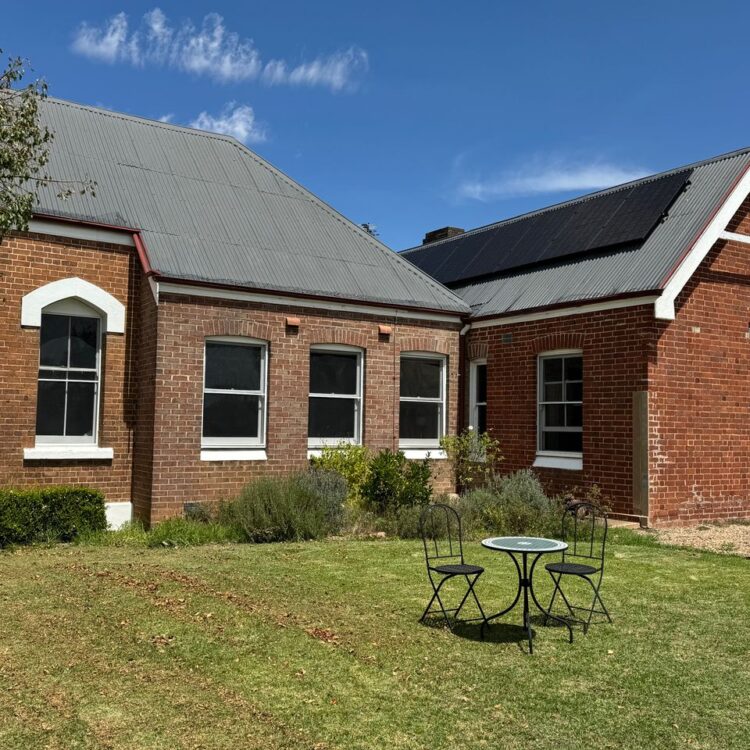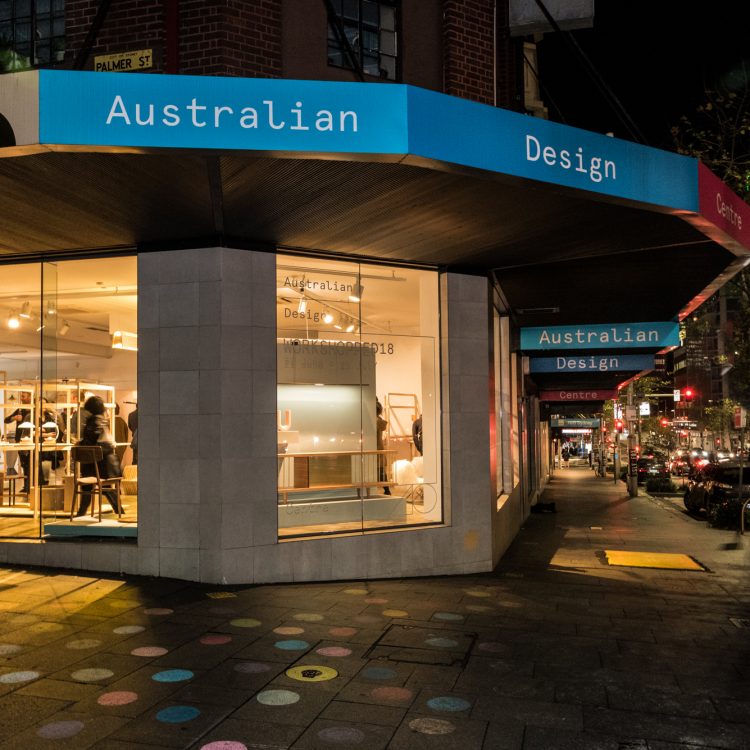Following the launch of a new online exhibition exploring the early history of the Wagga Wagga Women’s Health Centre, we spoke with Sophie Magnusson the curator of The Incredible Feminist of Wagga Wagga.
What inspired you to focus on the history of the Wagga Wagga Women’s Health Centre for this exhibition?
Back in 2019, I visited the Wagga Women’s Health Centre to assess a collection of vintage posters that the centre offered to donate to the museum. If we were to acquire the objects, they needed to fit in with our collection policy for Wagga Wagga’s social history.
As I walked into the small but comfortable tearoom in the back sunroom of the centre, laid out on the lunchroom table was a pile of posters from the 1970s-1990s, all handmade with scraggly pieces of weathered hanging string, faded print and ragged edges. A poster with the slogan “Women marching in memory of all women raped in war” was on top of the pile, underneath it, “If Politicians got pregnant, family planning would be a priority” and “Hints for the heterosexual woman when she meets a lesbian”. OK, you have my attention. These posters said it all about women’s issues in Wagga at the time and the role it played on a tumultuous world stage. I knew then this was a story that needed unpacking.
Were there any surprising stories uncovered during the research process?
Topics that keep bubbling to the surface are that we are still fighting for the same issues, pill technologies, Domestic Violence and the fact that just because the fight has been won on some issues, it doesn’t mean they can’t be taken away now. We see this with what’s happening in America with Roe v Wade.
Also, unpacking the word Feminist, why is it still a dirty word?- a person who supports feminism advocates for equality of the sexes, right?
I also found it amazing that in our city of Wagga, now at 69,000 residences, there was a group of women who were at the forefront fighting for women’s issues, not lagging behind their sister cities’ models; no, they were up there with them. They created a model that was specifically focused on regional women and adapted accordingly, and in the first 5 years before they really received significant funding for women’s issues, the founders could push back as hard as they wanted; they didn’t have anyone they had to answer to. They were known as jezebels and rat bags. Unfortunately, this was short lived, and they had to ‘pull their heads in’ to have successful grant applications.
How do you hope audiences will engage with and learn from this exhibition?
I hope this opens conversations around the family dinner table to include everyone. I hope local residents recognise the important role these women played in our community, the burnout and the many disappointments they endured in the first 5 years. Most of these women were not paid yet and had families of their own to care for. The mental load that the women coming to the facility also has effects on the staff. They constantly needed to upskill to deal with sensitive and sometimes dangerous situations their clients were in.
Overall, it’s about caring; it’s what women do, care for their babies, family and friends – and to do this without being slaves to the patriarchy.
What do you think was the advantage of creating this exhibition online as opposed to a physical exhibition?
Accessibility and the scope to reach wider audiences, this story is inclusive to many regional areas within Australia.
View – The Incredible Feminist of Wagga Wagga
